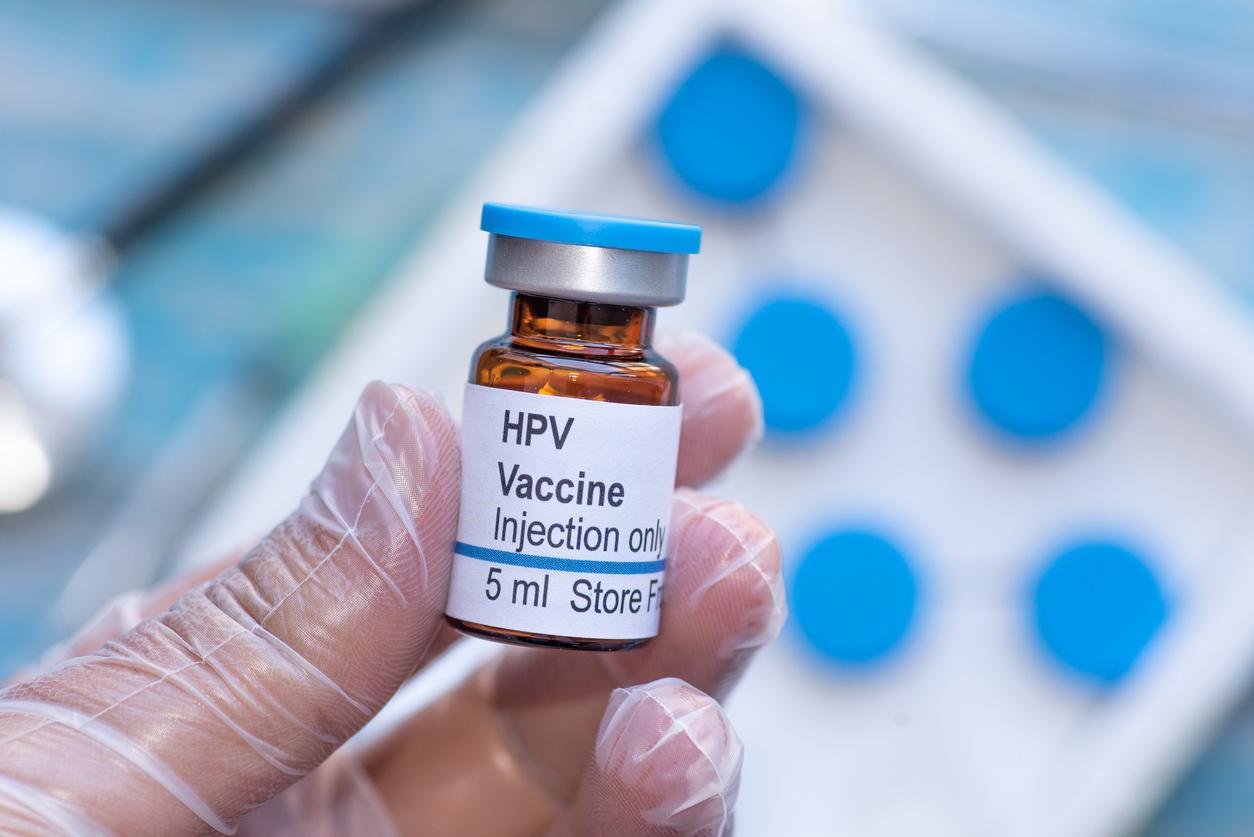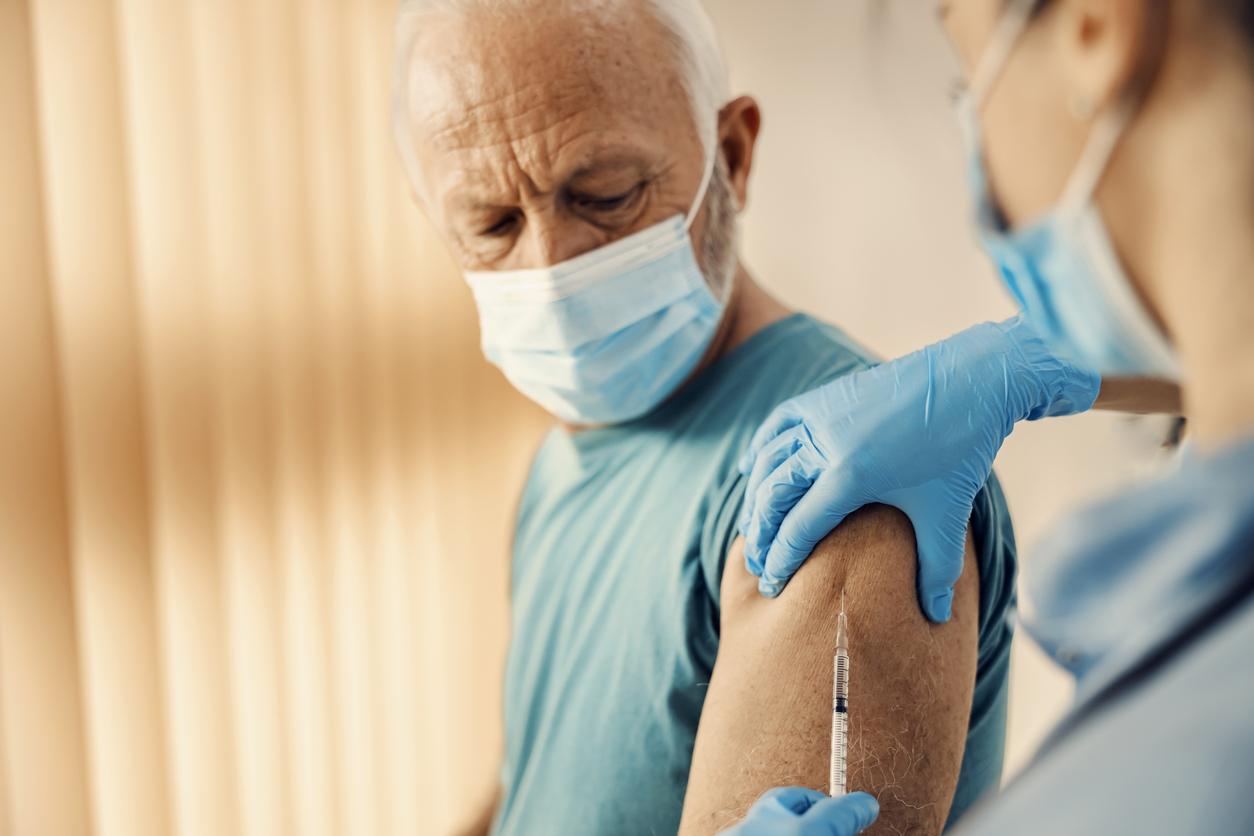An Australian study observed that an mRNA vaccine combined with immunotherapy could prevent the risk of relapse in patients with melanoma.

- Melanoma is a malignant tumor of the pigment system.
- The combination of an mRNA vaccine and immunotherapy would reduce the risk of recurrence of melanoma.
- The survival rate of patients who received the vaccine as well as the immunotherapy treatment was 78.6%.
It represents between 2 and 3% of all cancers. Cutaneous melanoma is a malignant tumor of the pigmentary system, which develops from melanocytes, in other words the cells that produce melanin, responsible for the pigmentation of the skin.
A new treatment to prevent the risk of recurrence of melanoma
During the congress of the American Society of Oncology (ASCO), Professor Adnan Khattak, oncologist and researcher at the Precision Health Center of Edith Cowan University (Australia) revealed that an mRNA vaccine, tailored to the genetics of the tumor, combined with conventional immunotherapy treatment could reduce the risk of recurrence in patients with melanoma.
More than 45,000 volunteers took part in the Australian study. During the research, tissue samples were taken and analyzed to determine neoantigens, proteins that form on cancer cells and are unique to a patient’s tumor. Up to 34 neoantigens can be identified, which are then added to an mRNA molecule and a vaccine.

mRNA vaccine and immunotherapy: a survival rate of 78.6%
The researchers found that this vaccine, personalized for each patient, enables the body to develop an immune response in order to fight the cancer and the risk of recurrence. Professor Khattak however clarified that the serum seemed to be more effective after an extended period of time and required multiple doses. “We observe a fairly large proportion of patients who relapse after completing pembrolizumab, an immunotherapy treatment, whereas we do not observe such late relapses in patients who received the double treatment because in addition to pembrolizumab , the effect of the vaccine is manifested by a much stronger antitumor immune response”underlined the oncologist.
The survival rate for the patients who received the vaccine and the immunotherapy treatment was 78.6%, compared to 62.2% for the group who received only the immunotherapy. Two years after treatment, only 22.4% of patients who received the vaccine/immunotherapy duo had died or experienced a recurrence of the disease, compared to 40% for the group who received only immunotherapy.
Soon, the Australian team will lead a new trial, which will include more patients with earlier stages of melanoma. “Patients in stages 2 and 3 represent a significant proportion of patients who could be cured, rather than waiting for them to develop metastases or advanced disease that is not treatable”added Professor Adnan Khattak.

















